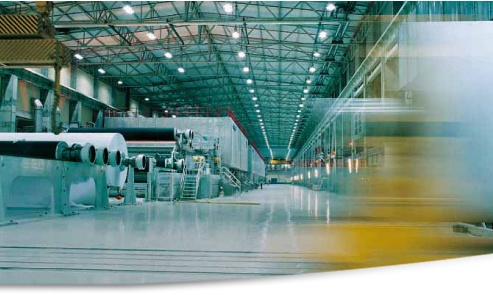Topics: Advanced Planning and Scheduling, capacity planning, project management, supply chain, capacity, scheduling, sequencing, scm, analytics, enterprise resource planning, multi-plant, SAP, challenges in supply chain
As your demand for capacity grows, one production facility may not be enough, which means it may be time to start considering a multi-plant operation. This does mean an increased production capacity, but this also means driving your operation headlong into the more challenging component of multi-plant planning and scheduling.
 Proper planning for a single production facility is already an everyday challenge, but two or more interdependent facilities in your supply chain can involve an exponential number production sequencing and scheduling challenges to consider and plan for. Multi-plant manufacturing and production operations need to properly plan and schedule for the conjoined internal flow and coordinated efforts of production in order to meet the demands of the internal and external upstream and downstream customers. So, how does an operation even begin when trying to scale production in this manner? One solution for multi-plant planning is that of utilizing SAP as a standalone ERP; another is to use SAP in conjunction with APS as a tightly-integrated add-on to further tap into the capabilities of SAP.
Proper planning for a single production facility is already an everyday challenge, but two or more interdependent facilities in your supply chain can involve an exponential number production sequencing and scheduling challenges to consider and plan for. Multi-plant manufacturing and production operations need to properly plan and schedule for the conjoined internal flow and coordinated efforts of production in order to meet the demands of the internal and external upstream and downstream customers. So, how does an operation even begin when trying to scale production in this manner? One solution for multi-plant planning is that of utilizing SAP as a standalone ERP; another is to use SAP in conjunction with APS as a tightly-integrated add-on to further tap into the capabilities of SAP.
Multi-plant planning through SAP ERP system utilizes material requirements planning (MRP) for various production facilities. This model is a decision-making system that schedules production among various locations that manufacture the same or interdependent production items. It relieves the headache of dealing with the ordering of materials throughout multiple operations and allows for materials to flow smoothly through different production facilities.
Other advantages of SAP to multi-plant operations include:
These perks, with the proper data presented, can easily allow an operation to come closer to overall production efficiency. Although this system offers many benefits, it is not necessarily a fix all. Many production facilities are taking the next step in manufacturing through integration of ERP and APS systems.
Advanced planning and scheduling (APS) systems can be readily be integrated with ERP systems such as SAP. To get more out of SAP All In One and SAP Business One, APS integrations have long been the chosen add-on that extends the planning, scheduling and simulation capabilities for SAP ERP and production tools.
Along with an ease of APS integration with SAP, benefits of APS also include:
Easily reschedule production orders, visualize and resolve bottlenecks, analyze “what-if” situations, and eliminate the need for manual input data. APS systems are becoming a popular choice for manufacturing and production operations. APS is the logical next step toward the goal of minimizing all forms of waste and compressing lost time. As you strive for efficient capacity planning and increased production within the supply chain, evaluating whether or not APS makes sense for you at this time, perhaps consult with an APS company to demo or trial of their offering.
Topics: Advanced Planning and Scheduling, capacity planning, project management, supply chain, capacity, scheduling, sequencing, scm, analytics, enterprise resource planning, multi-plant, SAP, challenges in supply chain
0 Comments
No video selected
Select a video type in the sidebar.







LEAVE A COMMENT